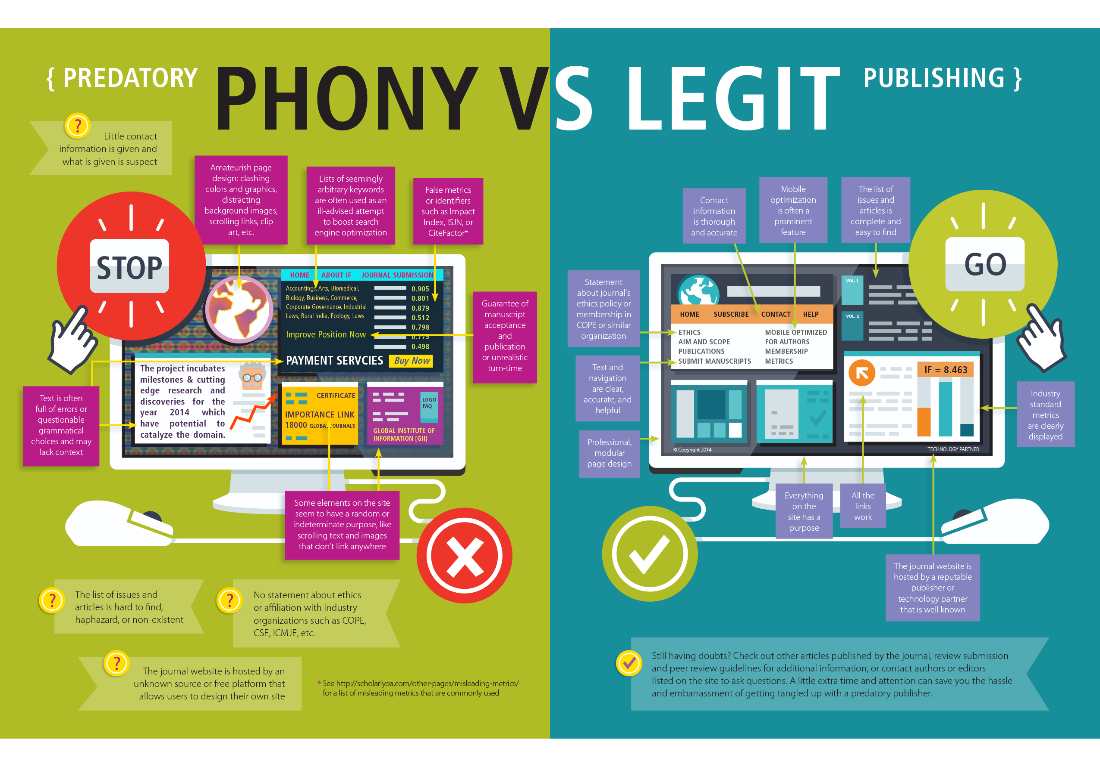Select appropriate references
While you are finding references, you need to be thinking about whether they are appropriate to use in your assignment. All resources need to be evaluated before including them in your assignment – including resources found through the Library Catalogue or databases. You need to think critically about the information you find and decide whether it is suitable for your needs. This section will help you learn to evaluate information and select the most appropriate references to use.
Identify key works
You will often need to refer to key authors and theories in your writing, but it can be hard to determine which are specific to your subject area. Hover over the image below to find out more about identifying important work in your discipline area.
Watch the video
Video length: 3 minutes, 17 seconds
Key points
- Having access to a lot of information can be overwhelming.
- Evaluating information helps you decide what resources you should use.
- One technique you can use is the CRAAP test:
- Currency: How recent is the information? Does it suit your needs?
- Relevance: Is the information relevant to your assignment?
- Authority: Who wrote the information? Are they an expert?
- Accuracy: Is the information accurate? Is it supported by evidence?
- Purpose: Why was the resource created? Is there any bias?
- You can use the CRAAP tool to think about these issues when evaluate your resources.
Identify fake information
We all know that not everything we read online is true, but how do you spot fake information? Predatory publishers are organisations which appear to be publishers of scholarly or academic resources, but fail to follow scholarly publishing standards like peer review or editorial review. Fake news is another area to be cautious about. Sometimes news is accidentally reported incorrectly, but other times it is deliberately written to mislead the reader, promote propaganda, damage the credibility of another person or organisation, or to receive financial gain. One way to identify fake news is by identifying sensationalist or clickbait style headlines. Click on the image below to enlarge the information.
To find out more about identifying 'fake scholarly information':
To find out more about how to identify 'fake news':
Evaluate the references you have selected
There are a lot of things to consider when evaluating the resources you find. The activity below will step you through the process of evaluating the resources you find in your studies.
More information about evaluating resources
- Evaluating Wikipedia guide
- Evaluate Credibility of Online Sources (Google course)
- Learn about generative artificial intelligence in the university context (Video length: 5 minutes, 45 seconds)
